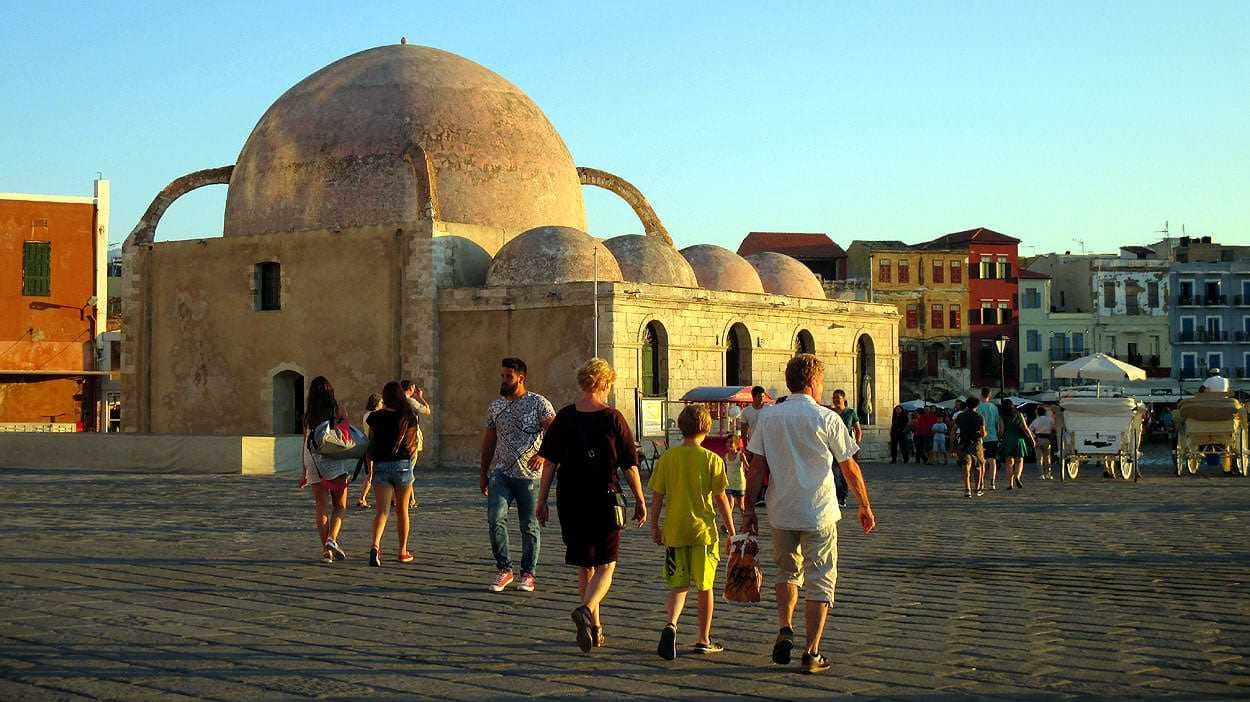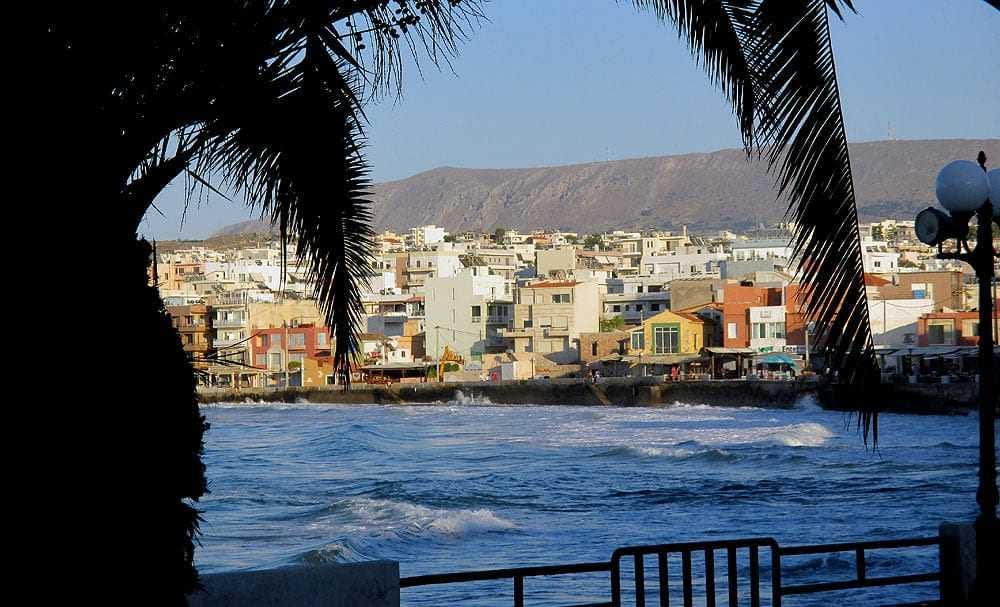During last Sunday’s referendum, Greek voters rejected a recent proposal for new austerity measures in exchange for loan money, with more than 61 percent voting against the creditors’ proposal. However, late last night the government of Prime Minister Alexis Tsipras submitted a new plan that many consider quite similar to the proposal rejected last weekend. At press time, we are awaiting the outcome of today’s Greek parliamentary vote on that proposal, as well as the response of Greece’s creditors. Meetings planned for this weekend could determine whether Greece will remain in the eurozone.
In spite of a lack of clarity about the implications of a No vote — which some argued meant no more austerity and others claimed meant an end to eurozone membership — an unexpectedly large percentage of voters acceded to the prime minister’s request for a No to creditors last weekend, to the dismay of many European leaders.
In response, the European Central Bank not only refused to increase the limits on the emergency funding that has been propping up Greek banks, but also, according to Bloomberg, imposed stricter terms for Greek Emergency Liquidity Assistance loans. This made it impossible for banks closed since June 29 to reopen. Capital controls remain in effect, with individuals struggling to get by on the €60 per account per day they can withdraw from ATMs, and businesses making do with online transfers within Greece or seeking permission for transfers abroad for imports necessary to continue functioning. Some are managing better than others.
Although Oxford-educated Euclid Tsakalotos replaced the unconventional, controversial Yanis Varoufakis as Greece’s finance minister on Monday in a concession to some negotiators’ preferences, Tuesday’s meetings of eurozone leaders led to an ultimatum instead of productive results: Greece must produce an acceptable, detailed proposal leading to an agreement with lenders by Sunday, or European leaders will focus on how to deal with a Grexit — the Greek exit from the eurozone that has seemed more likely this week than ever before — rather than on providing Greece with additional loans.

Chania, Crete (Lisa Radinovsky)
On Wednesday, the Greek government responded with a brief, conciliatory letter and a request for a new loan. That was followed by a more detailed proposal to Eurogroup head Jeroen Dijsselbloem for distribution to the European Commission, the International Monetary Fund, and the European Central Bank late last night.
Last night, Greece offered to increase various taxes, including sales taxes (even on islands where shipping costs increase prices), cut spending (for example on pensions and military expenditures), reform the pension system (raising the retirement age to 67 by 2022), improve public administration, introduce labor and product market regulations, continue with the privatization of state-owned assets, and fight corruption, smuggling, and tax evasion. Farmers would lose subsidies for the excise on diesel oil as well as preferential tax treatment (the latter by 2017).
These changes are expected to produce €13 billion. In return for these austerity measures, Greece is asking for a new loan of €53.5 billion from the eurozone’s bailout fund, a reconsideration of primary surplus targets, and debt relief. Donald Tusk, the president of the European Council, joined the International Monetary Fund’s Christine Lagarde and American Treasury Secretary Jacob Lew in calling for attention to Greece’s debt sustainability.
A number of radical members of SYRIZA are expected to oppose this proposal in today’s Greek parliamentary vote, but many members of the opposition are likely to support it. The country’s main creditors’ are also conducting an initial assessment of the plan today.
Tomorrow, eurozone finance ministers will meet to discuss the Greek proposal as well as Greece’s need for debt relief. On Sunday, an emergency meeting of all 28 European Union leaders will determine whether Greece and its lenders can come to the agreement needed to keep the currency union together, unless finance ministers work out a plan on Saturday that makes another meeting unnecessary.

Lisa Radinovsky for Olive Oil Times
This week, as talk of plans to deal with a potential Grexit has become more widespread, there has also been more discussion of Greece’s crucial geopolitical position on the edge of the Mediterranean Sea, as a bridge between the East and the West, a NATO member and a European Union member sometimes pulled toward Russia and China, sometimes wedged between the rest of Europe and thousands of migrants and refugees fleeing trouble spots such as Syria. Concern about the possible breakdown of a valuable ally has prompted countries such as France and the USA to push for a solution that could keep Greece in the eurozone and the European Union.
Meanwhile, businesses impacted by capital controls are looking for ways to keep going. While certain American and Canadian businesses dependent on imports from Greece have not received some expected deliveries, leading them to fear shortages or price increases for such products as olive oil and feta cheese, according to CNBC, others have been receiving goods without a viable way to pay for them while Greek banks are closed. Some Greek companies are requesting that payments be wired to accounts they have established outside of Greece.
Reuters indicates that Greek olive farmers are requesting cash payments so they can purchase necessary supplies and feel secure about their savings, but producers do not have the cash to pay them. Many Greeks are afraid that money in the bank is not safe, especially now that Greece is tottering closer to a possible exit from the eurozone, keeping in mind that Cypriots’ bank accounts were “bailed in” two years ago, with a percentage of wealthy depositors’ savings confiscated and converted into bank equity.
However, olive oil producers do not have enough cash to pay suppliers who provide €100,000 worth of oil, as Gaea C.E.O. Aris Kefalogiannis told Reuters. Paying suppliers and transporters via online banking and checks that can be cashed later, Gaea has enough supplies to last through the middle of next month. On the other hand, about half of Greek olive farms are small-scale enterprises run by families with limited means, rather than well-prepared large businesses with ample resources.
Both in Greece and North America, larger companies have been stocking up on supplies, so that some importers have plenty for now, and Greek olive oil exporters such as Terra Creta can continue supplying customers in Europe and the United States with no problem for the next two or three months. In fact, marketing manager Emmanouil Karpadakis told Olive Oil Times that Terra Creta just received an order from a new European customer this week. Aware that some other companies have trouble obtaining raw materials and arranging for transportation by truckers who do not wish to make one-way export trips and return empty due to a lack of money for imports, Karpadakis points out that the situation is very fluid now, with many changes possible over the weekend as leaders meet to decide Greece’s fate.
There have been rumors of empty supermarket shelves somewhere in Athens, but the shelves in Chania, Crete, are full. Here, olives, grapes, and figs are growing in sun that brings out the sweetness of the oleander, and there is still such abundance that lemons are literally falling off the trees. On Tuesday, The Guardian published an article titled “Want to help Greece? Go there on holiday.” Many tourists who are here right now agree that that’s an excellent idea. With good prices, a clear blue sea and sky, attractions and relaxation, visitors are having a wonderful time. This weekend will show what the future holds for Greeks.
- Greece debt crisis: Athens accepts harsh austerity as bailout deal nears (The Guardian)
- Greek Plan Accepts Austerity to Get Debt Relief (new York Times)
- Greece’s Debt Crisis Explained (New York Times)
- Greek olive farmers demand cash as bank fears grow (Reuters)
- ECB Tightens Collateral Terms for Greek Bank Liquidity Aid (Bloomberg)
- Greece-exposed US businesses batten down after ‘no’ vote (CNBC)
- Want to help Greece? Go there on holiday (The Guardian)
